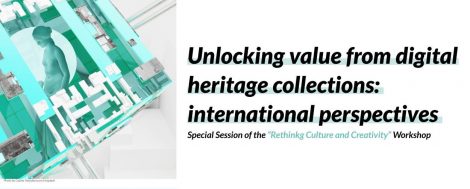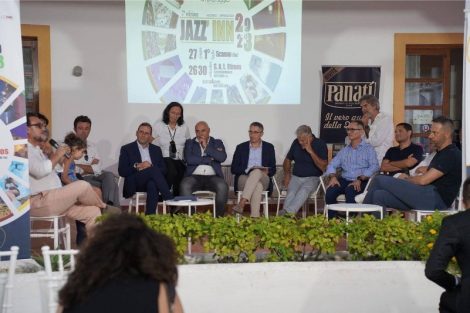
Innovation is often born from motivated individuals, not hierarchical structures. This belief led to the creation of Jazz’Inn, a unique open innovation format introduced in 2017 by Fondazione Ampioraggio. Jazz’Inn has been at the forefront of connecting companies, public administrations, investors, start-ups, innovative SMEs, research centers, professionals, and tech buyers in a slow and informal networking environment, set in the picturesque landscapes of Italian villages. This extraordinary event has fostered the sharing of groundbreaking ideas for planned investments through collaborative workshops and friendly encounters.
The fusion of innovation and culture in a rural setting has paved the way for a slow, tangible form of networking among innovators and the market. This phenomenon has been aptly dubbed “slow dating for innovation”.
GAL ELIMOS, in collaboration with Ampioraggio Foundation, organized the second stage of the 2023 Jazz’Inn Festival, which took place in the village of Scopello from September 26 to September 30, 2023, presenting a comprehensive program of activities under the name Smartland.
The full article about Jazz’Inn and the participation of GAL ELIMOS is available here for download.


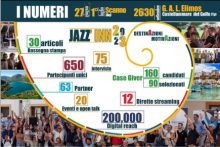

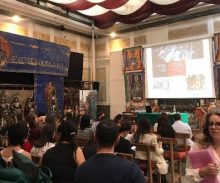
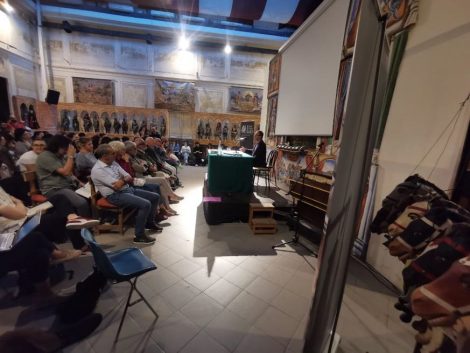 As part of the activities of the Sicilian pilot of
As part of the activities of the Sicilian pilot of 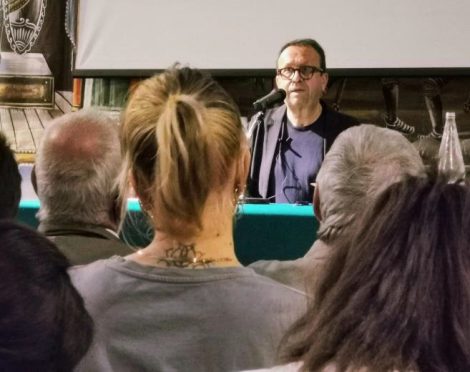
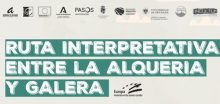
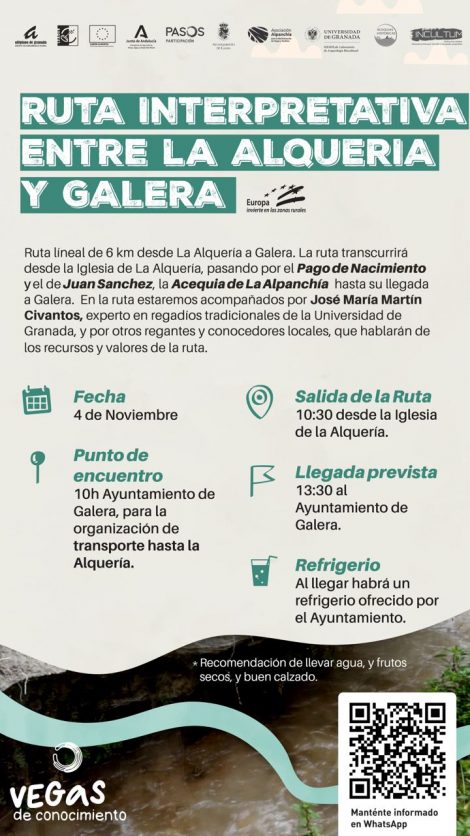 Last November 4 2023, the Spanish pilot of the
Last November 4 2023, the Spanish pilot of the 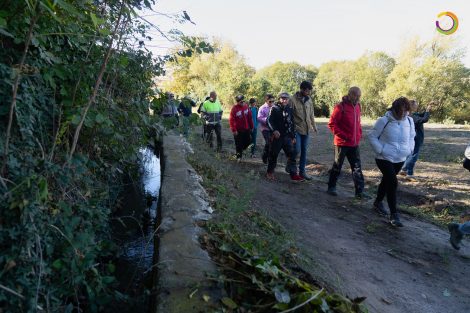
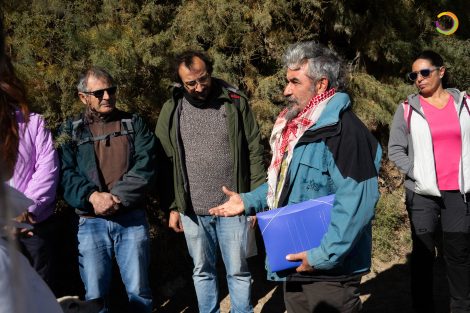
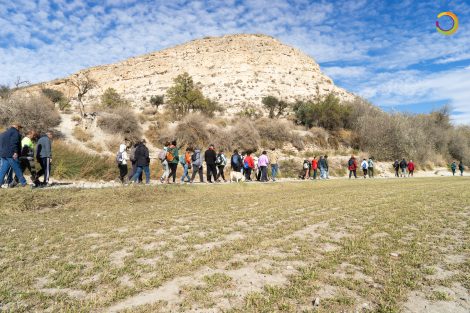
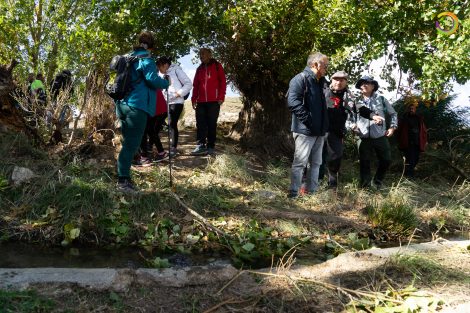
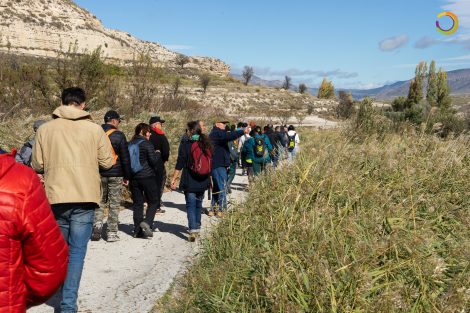
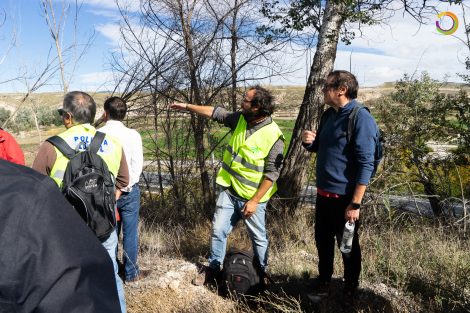
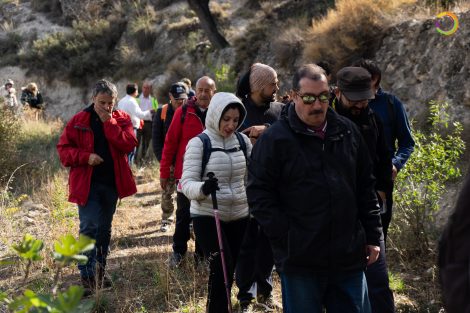
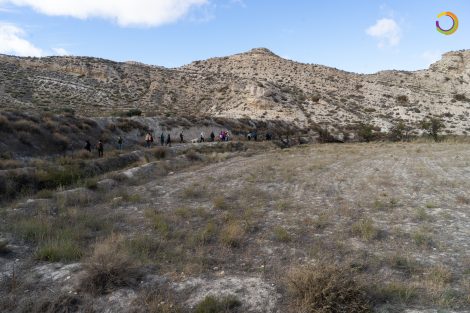
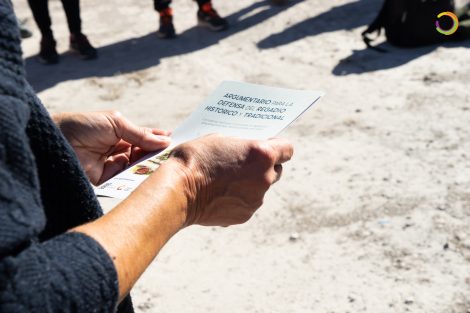
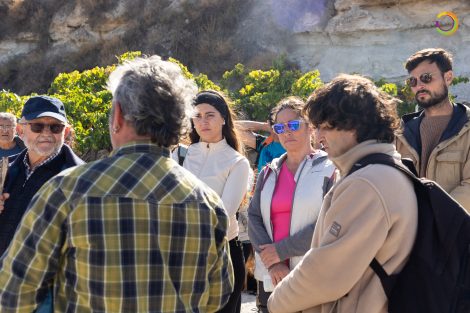
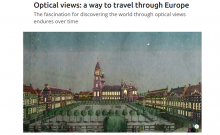
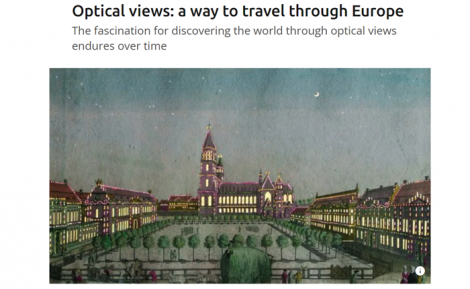
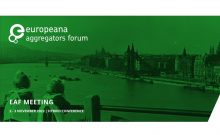
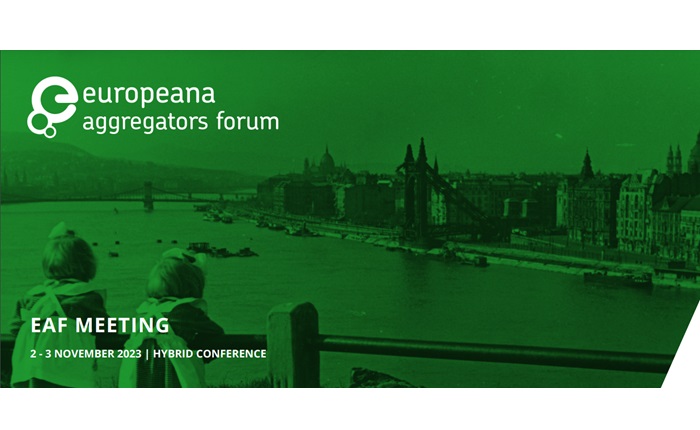
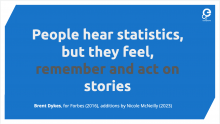
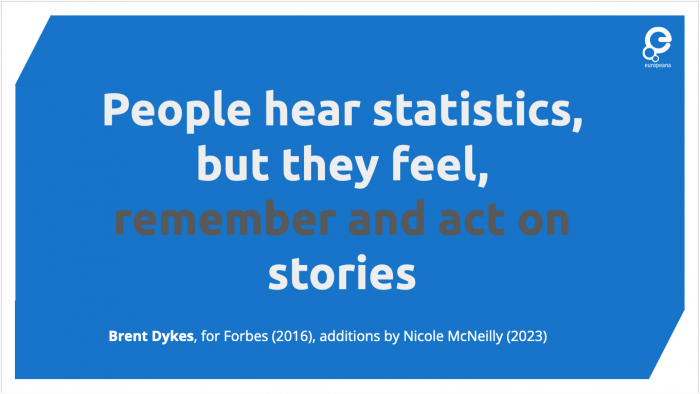
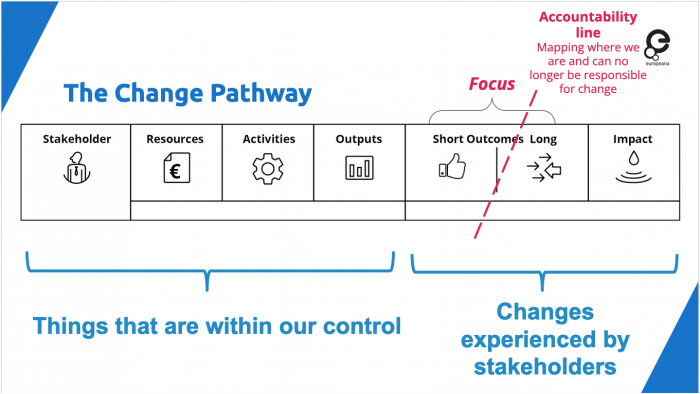
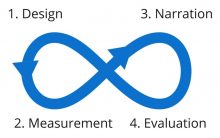 It emphasises that thinking about, and measuring, impact, is not a one-off action, but a flexible and ongoing process that can benefit from in the long-term as you embed impact thinking in your processes and organisational culture.
It emphasises that thinking about, and measuring, impact, is not a one-off action, but a flexible and ongoing process that can benefit from in the long-term as you embed impact thinking in your processes and organisational culture.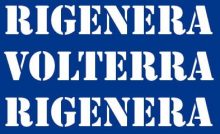
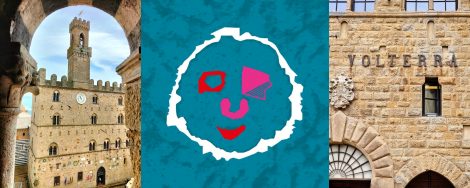 The UNCHARTED case study on Volterra22 will be presented in Volterra at Palazzo dei Priori on 30 October 2023 at 6 pm in the Sala del Maggior Consiglio, the historical City Hall.
The UNCHARTED case study on Volterra22 will be presented in Volterra at Palazzo dei Priori on 30 October 2023 at 6 pm in the Sala del Maggior Consiglio, the historical City Hall.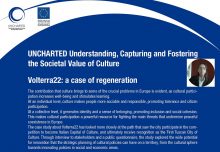
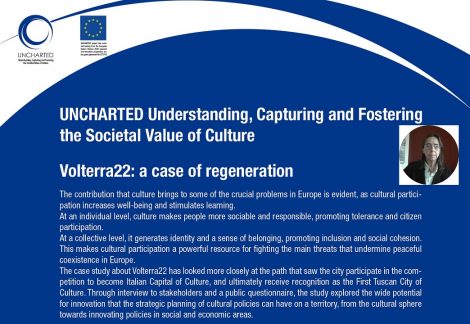 The poster about the case study on Volterra22 has been presented in the framework of the CaTCH Conference, organised by the VAST project in Maribor, Slovenia on 23 October 2023.
The poster about the case study on Volterra22 has been presented in the framework of the CaTCH Conference, organised by the VAST project in Maribor, Slovenia on 23 October 2023.
